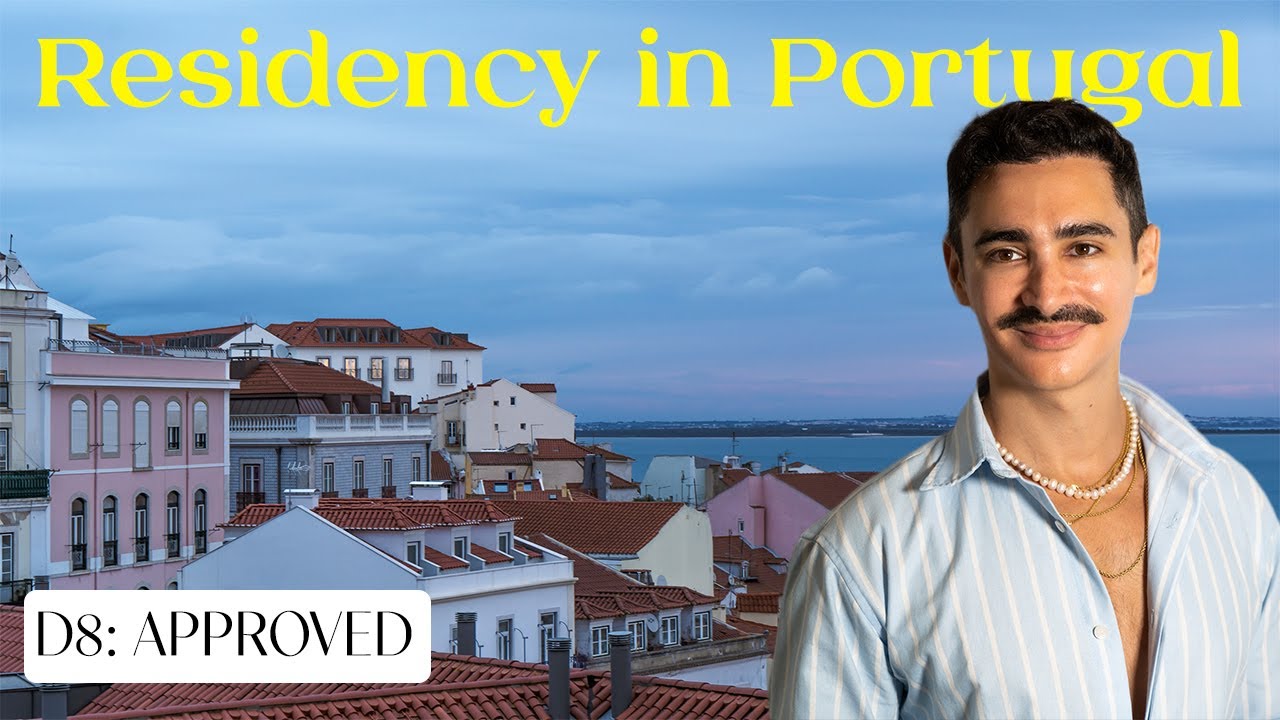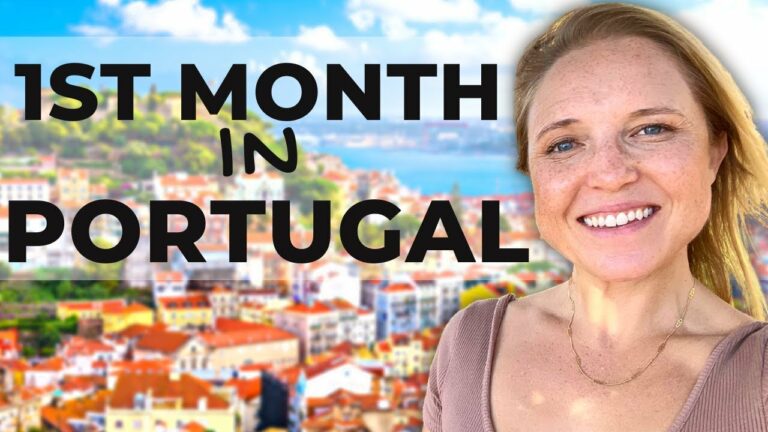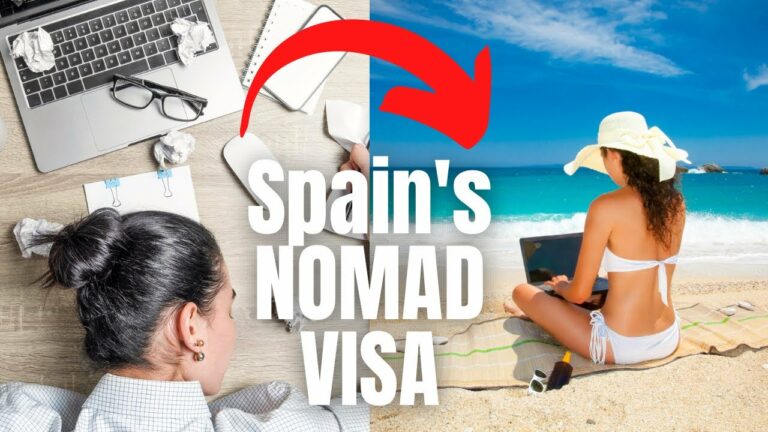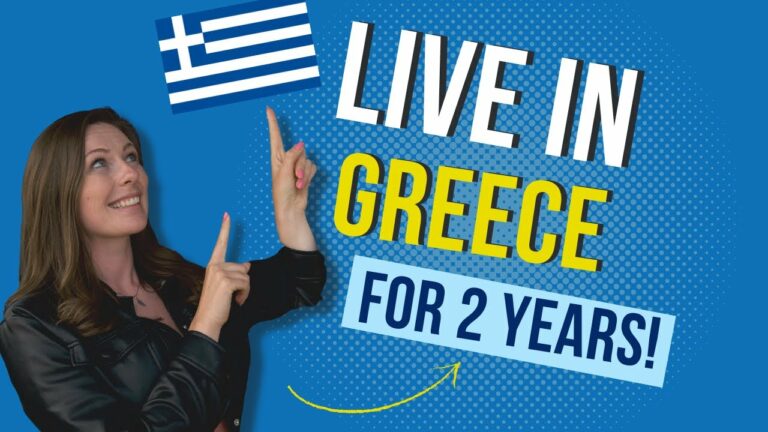D8 Visa Portugal: The Ultimate Digital Nomad’s Golden Visa Guide
As a digital nomad, the world is your office. You have the freedom to work from anywhere, but finding the perfect destination can be a challenge. That’s where the D8 visa comes in. If you’re looking for a place to settle down for a while and enjoy the best of both worlds – stunning scenery and a vibrant tech scene – Portugal might be just the ticket.
I first heard about the D8 visa when I was planning my own move to Portugal. As a freelance writer, I was attracted to the idea of spending a few months in a country with a rich literary tradition, but I also needed to make sure I could legally work and stay there.
The D8 visa, also known as the “Portugal Digital Nomad Visa,” is a relatively new program that allows remote workers to live and work in Portugal for up to a year. It’s designed for people who can work from anywhere, whether you’re a freelance writer like me, a software developer, or a marketing consultant.
Since I received my own D8 visa, I’ve been able to explore the country while still staying productive. I’ve found that Portugal offers an ideal blend of history, culture, and modern amenities. The food is amazing, the wine is delicious, and the people are welcoming.
But the D8 visa isn’t just about the lifestyle benefits. It’s also a smart financial move for freelancers, entrepreneurs, and remote workers. Portugal has a low cost of living, especially outside of Lisbon, and the D8 visa provides a straightforward path to residency. Plus, Portugal is part of the European Union and the Schengen Area, so you’ll be able to travel freely throughout Europe during your stay.
In this article, I’ll cover everything you need to know about the D8 visa, from the application process to the requirements to the benefits. Whether you’re a seasoned digital nomad or just getting started, the D8 visa could be the key to unlocking your dream of living and working in Portugal.
Can I be a digital nomad in Portugal?
If you’re considering moving to Portugal as a digital nomad, you may be wondering if it’s possible to work and live in the country legally. Fortunately, Portugal has recently introduced a new type of visa designed specifically for digital nomads – the D8 Visa.
The D8 Visa allows non-EU citizens who work remotely for a company based outside of Portugal to live and work in the country for up to a year. This is great news for digital nomads who want to experience the beautiful weather, culture, and lifestyle that Portugal has to offer while still being able to work and earn a living.
To apply for the D8 Visa, you’ll need to provide proof that you work remotely for a company based outside of Portugal, as well as evidence of health insurance and sufficient financial means to support yourself during your stay. The application process is straightforward and can be done online, so long as all the required documents are submitted.
One thing to note is that while you are permitted to work remotely, you’re not allowed to take on any employment or offer services to Portuguese companies or individuals. This means that you’ll need to maintain your current employment while living in Portugal and cannot seek out work locally.
Living in Portugal as a digital nomad can be an incredibly rewarding experience. The country is known for its warm hospitality, stunning beaches, and affordable cost of living. As a digital nomad, you’ll have the flexibility to travel and explore all that Portugal has to offer while still being able to earn a living.
With a little bit of planning and preparation, you can start your new life as a digital nomad in this beautiful country.
What are the income requirements for D8 visa Portugal?
Are you a digital nomad looking to take advantage of Portugal’s sunny climate, delicious food, and vibrant culture? If so, you might be interested in applying for the D8 visa, also known as the Portugal digital nomad visa. This special visa allows remote workers and freelancers to live and work in Portugal for up to a year.
But what are the income requirements for the D8 visa? Let’s dive in.
What is the D8 visa?
The D8 visa is a type of residence visa that allows individuals who work remotely to live and work in Portugal. This visa is ideal for digital nomads, freelancers, and entrepreneurs who have the flexibility to work from anywhere.
What are the income requirements for the D8 visa?
To be eligible for the D8 visa, you need to demonstrate that you have a steady income. The minimum income required is the Portuguese minimum wage, which is currently €665 per month.
However, if you’re a remote worker or freelancer, you’ll need to provide proof of income. This can include:
– Bank statements
– Invoices
– Contracts
– Tax returns
You’ll need to show that you’ve earned a minimum of €1,070 per month for the past six months. This can be from one client or multiple clients.
It’s important to note that you’ll need to have this income stream for the duration of your stay in Portugal. So if you’re planning to stay for a year, you’ll need to show that you have a minimum income of €12,840 for the year.
How to apply for the D8 visa?
To apply for the D8 visa, you’ll need to visit the Portuguese embassy or consulate in your home country. You’ll need to provide the following documents:
– Passport
– Proof of income
– Criminal record certificate
– Health insurance
– Proof of accommodation
Once you’ve submitted your application, it can take up to 60 days to process. If your application is approved, you’ll need to visit the Portuguese immigration office within the first three months of your arrival to obtain your residence permit.
What is the difference between D7 and D8 visa in Portugal?
Portugal has become a popular destination for digital nomads, entrepreneurs, and individuals looking for a change of scenery. The country offers a friendly business environment, a high quality of life, and a vibrant expat community. If you’re considering a move to Portugal, you may have heard about the D7 and D8 visas. In this article, we’ll explore the difference between these two visas and help you determine which one is right for you.
What is a D7 visa in Portugal?
The D7 visa, also known as the “Passive Income Visa”, is designed for individuals who have a stable income and want to retire or live in Portugal. This visa is ideal for retirees, pensioners, and individuals who receive passive income from investments, rental properties, or other sources.
To apply for a D7 visa, you must demonstrate that you have a minimum monthly income of €665.39 (as of 2021), or €7,984.68 per year. You can also use your savings to demonstrate that you have sufficient financial resources to support yourself in Portugal. In addition, you must have health insurance and a clean criminal record.
Once you have been granted a D7 visa, you can live in Portugal for up to one year. After that, you can renew your visa for two-year periods, as long as you continue to meet the financial requirements.
What is a D8 visa in Portugal?
The D8 visa, also known as the “Startup Visa” or “Digital Nomad Visa”, is designed for entrepreneurs and remote workers who want to live and work in Portugal. This visa is ideal for individuals who work in the tech industry, freelance, or run their own businesses.
To apply for a D8 visa, you must demonstrate that you have a minimum monthly income of €1,070.38 (as of 2021), or €12,844.56 per year. You can also provide evidence that you have a job offer, client contracts, or your own business.
In addition, you must have health insurance, a clean criminal record, and be able to support yourself financially while living in Portugal. You must also show that your work is remote and can be done from anywhere, or that you will be working for a company based outside of Portugal.
Once you have been granted a D8 visa, you can live and work in Portugal for up to one year. You can then renew your visa for two-year periods, as long as you continue to meet the financial and work requirements.
Which visa is right for you?
Deciding between a D7 and a D8 visa in Portugal depends on your personal situation. If you are retired or have a stable source of passive income, the D7 visa may be the best option for you. On the other hand, if you are an entrepreneur or remote worker, the D8 visa may be more suitable.
Keep in mind that both visas have their own requirements and limitations, so it’s important to research and understand the visa that best suits your needs. Working with an immigration lawyer or consultant can also help make the process smoother and less stressful.
Whether you choose a D7 or D8 visa, make sure to plan ahead, research your options thoroughly, and enjoy all that Portugal has to offer!
Do digital nomads have to pay taxes in Portugal?
As a digital nomad, one of the biggest concerns when moving to a new country is taxes. After all, paying taxes is a legal obligation that comes with the territory of working and earning an income. Today, we’ll take a look at one of the most popular visa options for digital nomads in Portugal – the D8 Visa – and whether or not you’ll be required to pay taxes if you choose this visa.
First off, let’s talk about what the D8 Visa is. It’s a type of visa that was introduced in September 2020, specifically for freelancers and digital nomads who want to live and work in Portugal for up to a year. It’s a great option for those who want to test the waters before committing to a longer stay in the country.
Now, onto the question at hand – do digital nomads who hold a D8 Visa have to pay taxes in Portugal? The answer is yes, but it depends on a few factors.
If you’re a non-resident in Portugal, you’ll only be taxed on any income that you earn in the country. This means that if you’re a digital nomad who works for clients outside of Portugal, you won’t be subject to Portuguese taxes on that income. However, if you do earn income while physically present in Portugal, you’ll be required to pay taxes on that income.
On the other hand, if you’re a resident in Portugal, you’ll be taxed on your worldwide income. This means that any income you earn, regardless of where it’s from, will be subject to Portuguese taxes.
It’s important to note that if you plan on staying in Portugal for longer than 183 days in a year, you’ll be considered a tax resident in the country and will be subject to the same tax laws as Portuguese citizens.
So, what are the tax rates in Portugal? For non-residents, the tax rate is 25% on income earned in the country. For residents, the tax rates range from 14.5% to 48% depending on your income level.
If you plan on staying for longer than 183 days, you’ll be subject to the same tax laws as Portuguese citizens. Make sure to do your research and consult with a tax professional to ensure that you’re meeting all of your tax obligations while enjoying your digital nomad lifestyle in Portugal.
the D8 Visa is a game-changer for digital nomads looking to relocate to Portugal. With its affordable cost, flexible requirements, and attractive benefits, the D8 Visa offers a seamless path towards residency in Portugal. From enjoying the vibrant cultural events to exploring the scenic beauty of the country, Portugal offers an unparalleled quality of life to expats. As an expat, it’s important to have a deep understanding of local customs, investment opportunities, and legal aspects of visas, citizenship programs, and golden visas. With the D8 Visa, Portugal is set to become one of the top destinations for digital nomads, offering a perfect blend of work and leisure in a stunning location.





